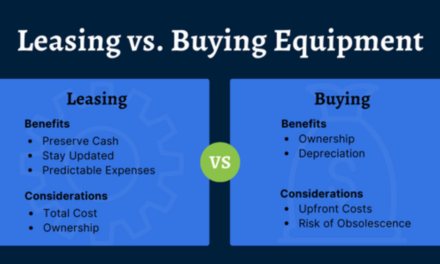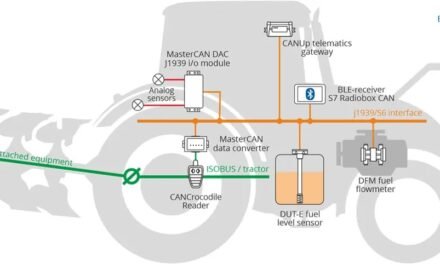Micronutrient fertilizers are fertilizers that provide essential trace elements (micronutrients) required by plants in small quantities to support healthy growth and development. These nutrients, while needed in minute amounts, play critical roles in various physiological and biochemical processes in plants. The most common micronutrients provided through fertilizers are:
- Boron (B)
- Chlorine (Cl)
- Copper (Cu)
- Iron (Fe)
- Manganese (Mn)
- Molybdenum (Mo)
- Zinc (Zn)
Importance of Micronutrient Fertilizers
- Essential for Plant Metabolism:
- Micronutrients are vital components of enzymes and coenzymes that drive metabolic processes like photosynthesis, nitrogen fixation, and respiration.
- Enhance Crop Yield and Quality:
- Adequate micronutrient supply improves the yield, size, flavor, and nutritional quality of crops.
- Correct Deficiency Symptoms:
- Deficiencies of micronutrients can lead to stunted growth, chlorosis (yellowing of leaves), poor fruit development, and other physiological disorders. Micronutrient fertilizers help address these deficiencies.
- Soil Health Management:
- Modern agricultural practices often deplete soil micronutrients due to continuous cropping and the use of high-yielding crop varieties. Micronutrient fertilizers help replenish these elements in the soil.
- Sustainability in Agriculture:
- Balanced nutrient management, including micronutrient application, ensures long-term soil fertility and prevents the overuse of macronutrient fertilizers.
- Increased Stress Tolerance:
- Micronutrients help plants resist biotic (pests and diseases) and abiotic (drought, salinity) stresses by strengthening their immune systems and improving physiological resilience.
Common Forms of Micronutrient Fertilizers
- Inorganic salts, Such as zinc sulfate, ferrous sulfate, or borax.
- Chelated forms, Such as EDTA-Fe or DTPA-Zn, which enhance micronutrient availability in soils with high pH.
- Blended fertilizers: These combine multiple micronutrients with macronutrients.
Challenges and Considerations
- Overuse or Imbalance: Excessive application can cause toxicity and harm plants or disrupt soil nutrient balance.
- Soil and Crop Specificity: The choice of micronutrient fertilizer depends on the specific crop requirements and soil conditions.
- Cost: Micronutrient fertilizers are often more expensive than macronutrient fertilizers, though their application is cost-effective in the long term.









